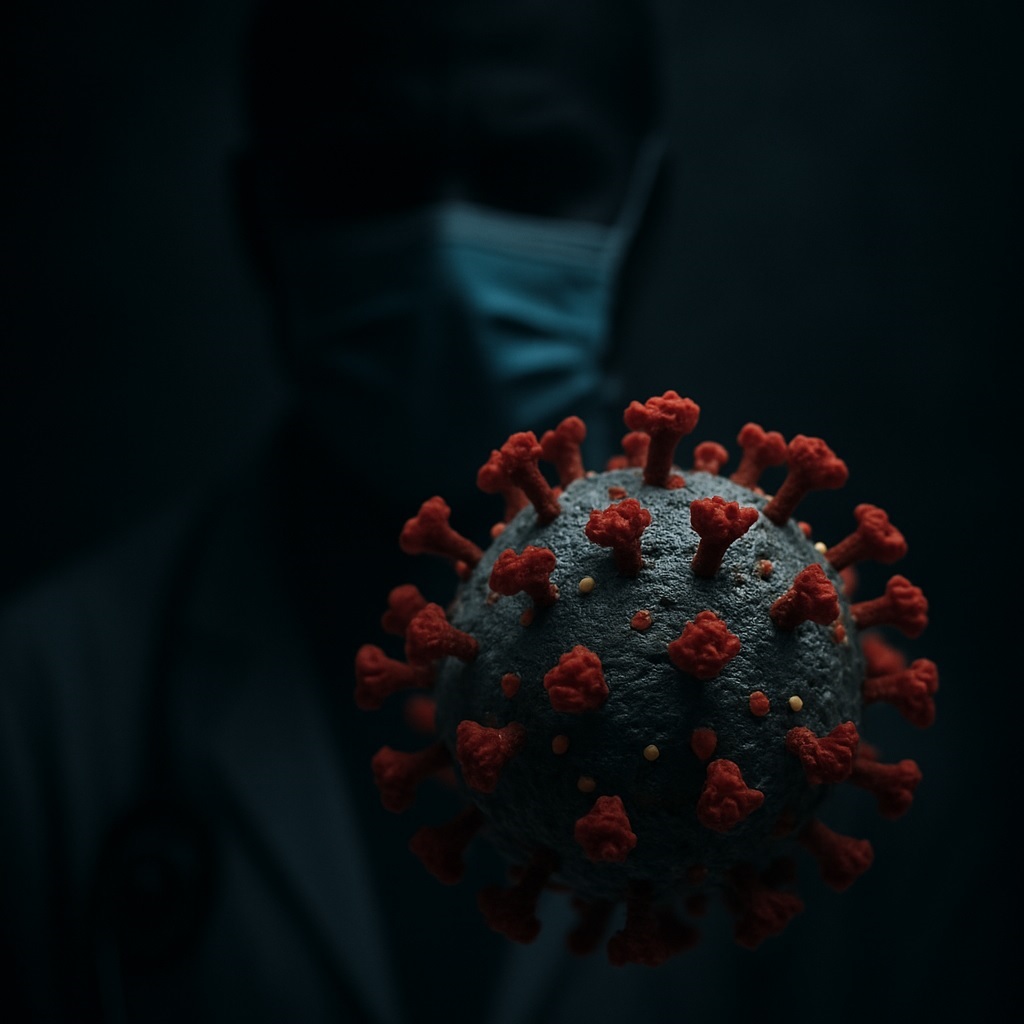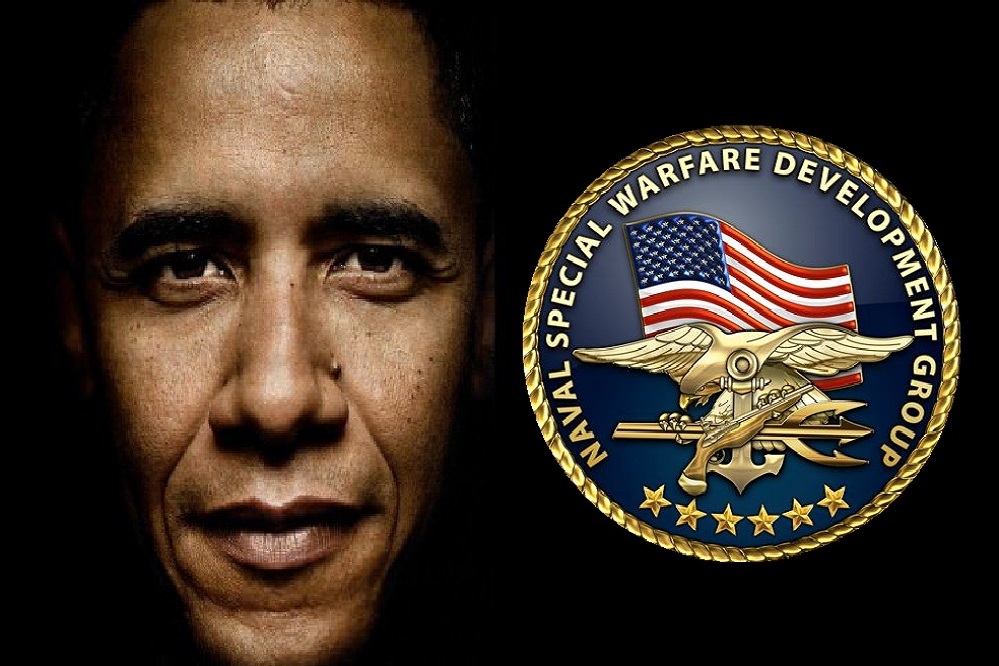The global response to COVID-19 sparked significant controversy, with debates raging over whether the pandemic represented a genuine public health threat or a vehicle for governments and global elites to curtail democratic rights. This article examines the events of the COVID-19 era while looking forward to the possibility of future engineered pandemics, asking whether they may become the next great threat to democracy.
COVID-19 has ended, but its legacy continues. The lessons it taught—and the powers it unleashed—are a warning for the future. With advances in biological engineering, artificial intelligence, and global surveillance, the risk of future engineered pandemics is no longer theoretical—it is a looming reality that could further erode freedom and democracy under the banner of safety.
The Origins of COVID-19: Natural or Engineered?
The origin of COVID-19 was the subject of intense speculation. While the official narrative suggested that the virus emerged from a wet market in Wuhan, China, possibly through a bat, critics doubted this explanation. Humans had consumed wild animals for millennia without sparking such a pandemic, leading many to believe that the virus might have been artificially created.
One theory held that COVID-19 was developed as a biological weapon in a Chinese laboratory, possibly as part of a larger strategy to gain global dominance. According to this theory, the virus was accidentally released before an antidote was fully developed. Others speculated that the virus had been mishandled or released by outside forces attempting to sabotage Chinese efforts. These theories were never fully proven, but they underscored the uncertainty and fear surrounding the virus’s origins.
The danger now lies in what COVID-19 revealed: that biological agents—engineered or not—can be used as a lever for unprecedented global control. If COVID-19 was the test case, the question for the future is clear: what comes next?
Damning Revelations: Dr. Fauci and Congressional Hearings
Dr. Anthony Fauci, the former head of the National Institute of Allergy and Infectious Diseases (NIAID), and his first assistant came under intense scrutiny during congressional hearings after the pandemic. Emails obtained through Freedom of Information Act (FOIA) requests revealed troubling discussions about the virus’s origins and efforts to control the narrative.
Allegations of bribery and suppression of dissent further fueled suspicions that key figures in the U.S. government’s pandemic response had not been fully transparent.
In a future pandemic, these same mechanisms of censorship and narrative control will almost certainly be deployed again—faster and more ruthlessly.
The Canadian Trucker Convoy and the Controversial Response
In early 2022, the Canadian Trucker Convoy became a symbol of resistance to vaccine mandates and restrictions. The protests in Ottawa drew global attention as citizens demanded freedom from heavy-handed pandemic measures.
Prime Minister Justin Trudeau responded by invoking the Emergencies Act, granting the government extraordinary powers: freezing bank accounts, authorizing police crackdowns, and dispersing demonstrators.
Critics called it a dangerous precedent. And in the future, governments may seize even more sweeping powers during engineered pandemics, criminalizing dissent under the guise of “public safety.” Biometric IDs, digital health passports, and mandatory tracking could become the norm.
Vaccine Side Effects: A Growing Concern
As COVID-19 vaccines rolled out, they were hailed as breakthroughs. But over time, reports of serious side effects emerged: blood clots, myocarditis, strokes, sepsis, and even anecdotal links to cancers. Lawsuits followed, with plaintiffs arguing that safety had been sacrificed in the rush to mass vaccination.
Governments defended the vaccines, insisting the benefits outweighed the risks. But skepticism spread.
In future pandemics, new experimental vaccines—potentially developed with gene-editing or AI-driven synthetic biology—may be pushed even faster. Risks could be far greater, while transparency shrinks under crisis pressure.
The Real Threat: How Deadly Was COVID-19?
As COVID-19 spread, governments and the media emphasized its danger, leading to lockdowns and sweeping restrictions. Yet in hindsight, some argued the reaction was disproportionate compared to other leading causes of death such as heart disease and cancer.
By 2023, COVID-19 deaths in the U.S. had fallen dramatically compared to the pandemic’s peak. Debates persisted over how many deaths were directly caused by the virus versus underlying conditions.
In future pandemics, the mortality rate may matter less than the fear it generates. A virus with moderate lethality but high transmissibility could achieve the same result: mass compliance and justification for permanent state powers.
Global Response: A Tool for Control?
COVID-19 restrictions—lockdowns, mask mandates, and social distancing—were defended as necessary but criticized as tools of control.
Future pandemics may allow governments and elites to deploy even more invasive measures: mandatory biometric tracking, universal “bio-security passes,” and AI-driven quarantine enforcement. Once accepted, such tools rarely vanish.
The Bigger Picture: Lessons from History
The COVID-19 crisis proved how easily freedoms can be suspended. Critics warned that just as the Treaty of Versailles paved the way for Hitler’s rise, the authoritarian precedents set during COVID-19 could shape the next crisis.
If COVID-19 was a dress rehearsal, then the next engineered pandemic may be the main act—the one that cements globalist power and erases democratic sovereignty.
Conclusion: A Complex and Uncertain Future
The COVID-19 pandemic is behind us, but its shadow remains. It revealed how fear can be weaponized, how dissent can be silenced, and how fragile democracy truly is under pressure.
The reality is sobering: future engineered pandemics are not only possible—they are probable. And if COVID-19 taught us anything, it is that governments will use fear to curtail freedom, elites will use crisis to consolidate power, and rights once surrendered are rarely regained.
The challenge now is whether we will learn from COVID-19—or repeat its mistakes when the next crisis strikes.
In the words of Winston Churchill, “Those who fail to learn from history are doomed to repeat it.”
The people must demand transparency, accountability, and freedom in the face of future pandemics. Anything less risks the permanent loss of democracy itself.




